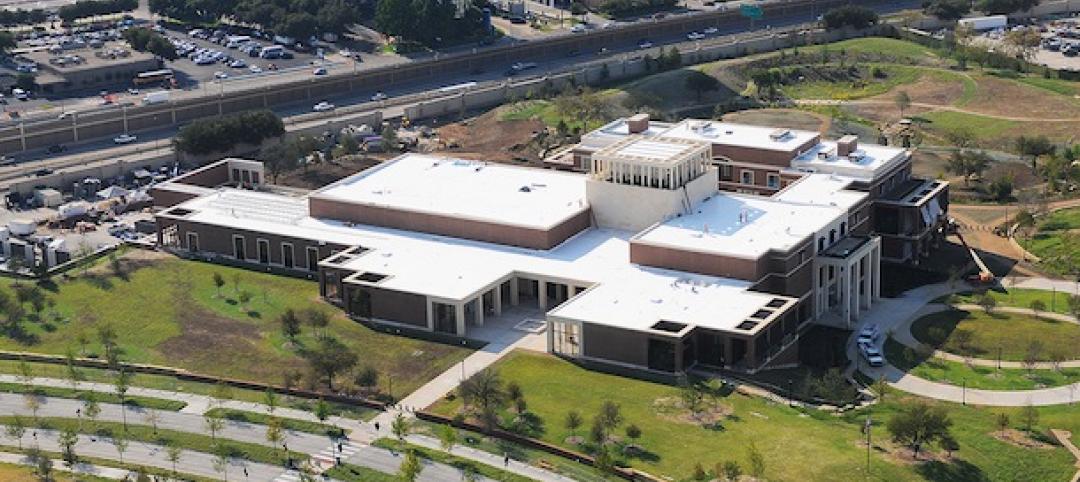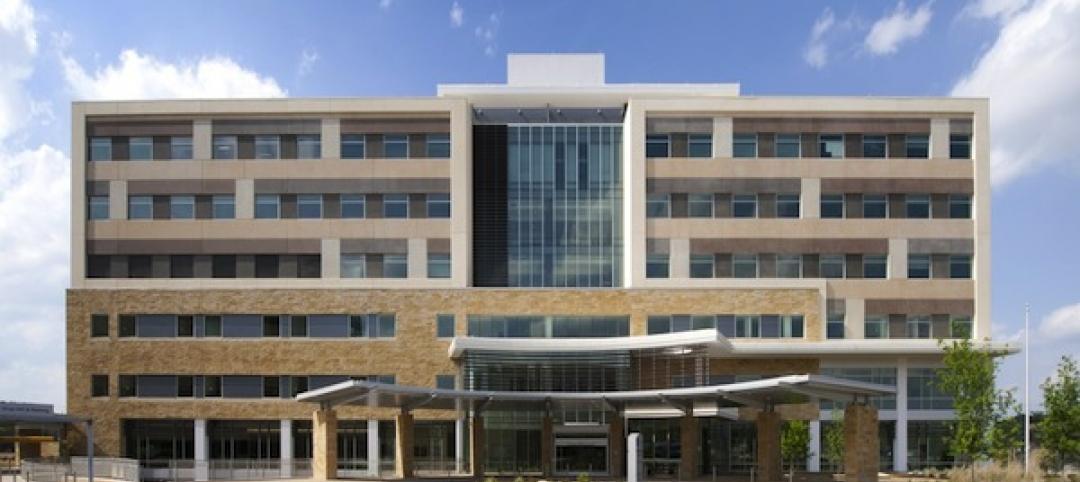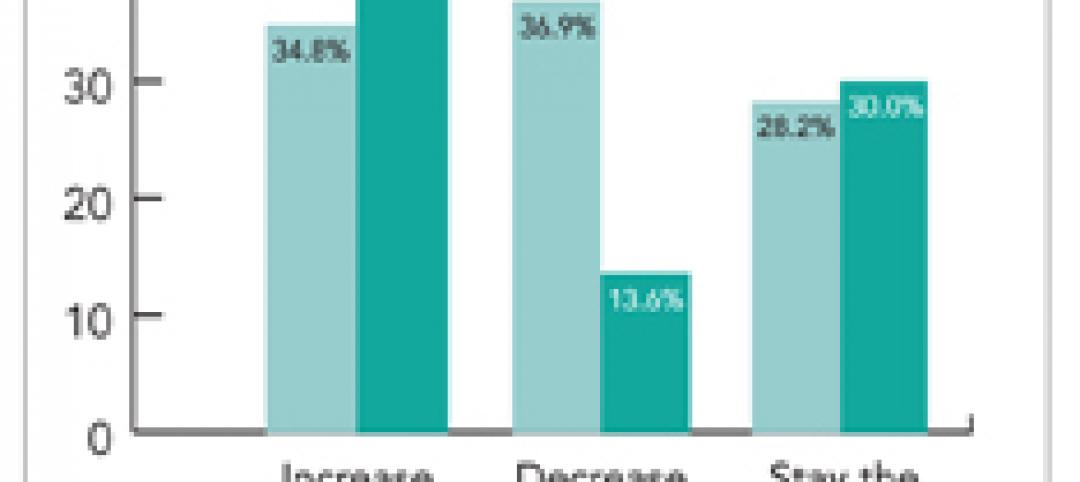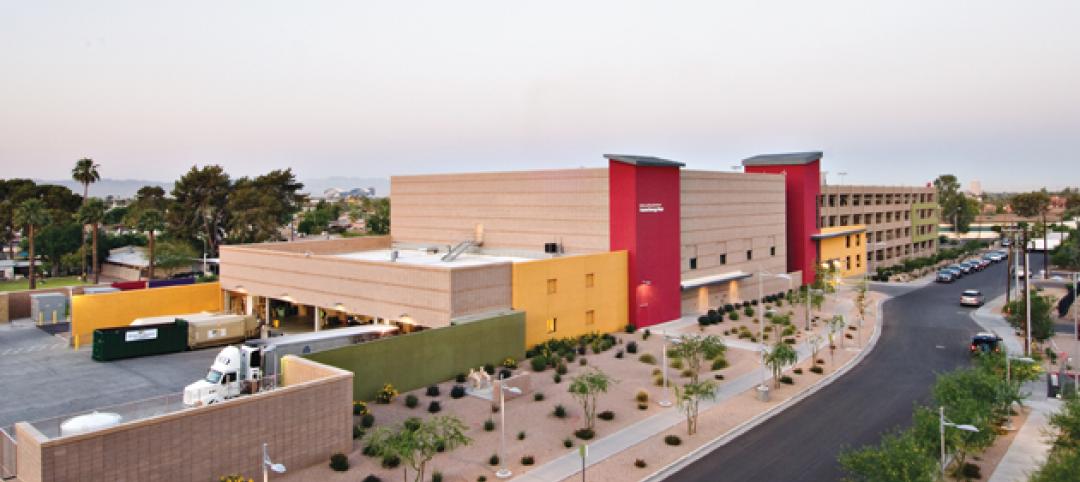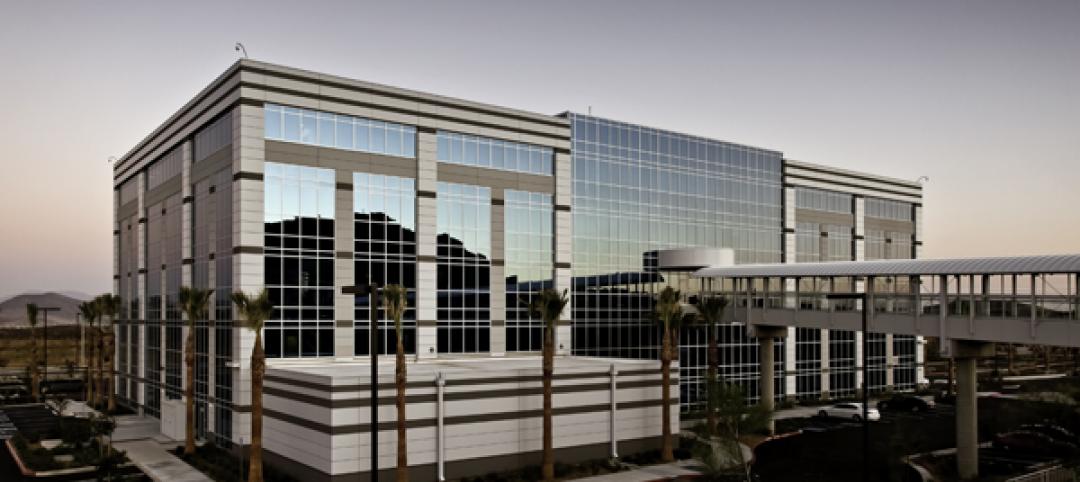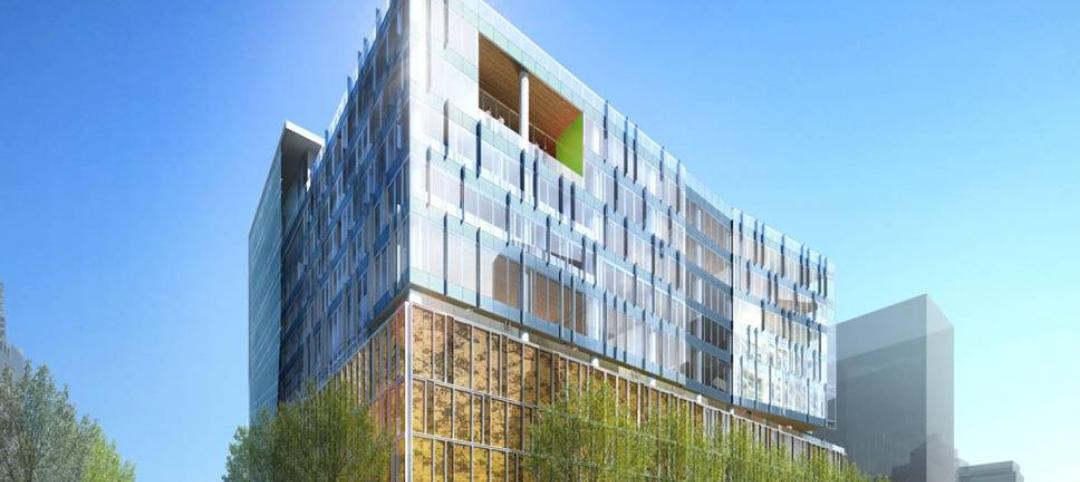The once steady 10% growth rate in healthcare construction spending has slowed, but hasn't entirely stopped.
Spending is currently 1.7% higher than the same time last year when construction materials costs were 8% higher. The 2.5% monthly jobsite spending decline since last fall is consistent with the decline in materials costs. A 7% decline is expected in the next six months, consistent with the year-to-date drop in the value of healthcare construction starts, which includes a 66% plunge in June.
The June drop is partly random but also reflects concern by healthcare project managers about how the outcome of the current healthcare debate in Congress will affect their operations. Specifically, they are concerned about reimbursement rates from federally operated or regulated insurance plans. With no final plan ready for a vote in early August, expect the cautious spending to continue through the summer.
 |
| Healthcare construction spending is currently 1.7% higher than the same time last year, led by hospital work, which is 14% higher than a year ago. |
All options being considered in Washington envision expanded healthcare services that would require additional facility capacity by 2011—but financing for the expanded services remains fuzzy. Half the added cost appears to be vague promises of $40 billion plus annual fee cuts by hospitals and drug companies. Significant growth in healthcare construction will not resume until the healthcare financing arrangements are final and judged to be realistic.
Hospital construction spending is currently 14% higher than a year ago, while spending for other healthcare facilities, including specialized office buildings and residential care facilities, is off 25% from last year. The developers of these buildings react to a recession much as developers of commercial buildings do: They pull back when they see falling rental and occupancy rates. By this time next year, expect spending for medical office buildings and possible residential care facilities to be expanding again in a growing economy while spending for hospitals is expected to still be stuck at current levels.
Related Stories
| Feb 14, 2013
5 radical trends in outpatient facility design
Building Design+Construction combed the healthcare design and construction sector to evaluate the latest developments in outpatient facility designs. Here are five trends to watch.
| Feb 14, 2013
Peter Bardwell named 2013 president of the American College of Healthcare Architects
The Board of Regents of the American College of Healthcare Architects (ACHA) has named Peter L. Bardwell, FAIA, FACHA of Columbus, Ohio as 2013 national President.
| Feb 6, 2013
George W. Bush Presidential Center among award-winning roofing projects honored by Sika Sarnafil
Winners of the 2012 Contractor Project of the Year Competition were announced this week by Sika Sarnafil. The annual competition highlights excellence in roofing installation. Roofing contractors are judged based on project complexity, design uniqueness, craftsmanship, and creative problem solving.
| Feb 6, 2013
RSMeans cost comparisons: office buildings and medical offices
RSMeans' February 2013 Cost Comparison Report breaks down the average construction costs per square foot for four types of office buildings across 25 metro markets.
| Dec 9, 2012
AEC professionals cautiously optimistic about commercial construction in ’13
Most economists say the U.S. is slowly emerging from the Great Recession, a view that was confirmed to some extent by an exclusive survey of 498 BD+C subscribers whose views we sought on the commercial construction industry’s outlook on business prospects for 2013.
| Nov 11, 2012
Greenbuild 2012 Report: Healthcare
Green medical facilities extend beyond hospital walls
| Oct 24, 2012
Loma Linda University Medical Center lets light in with metal wall systems
Designers for the building aimed to create a positive environment for patients and visitors, and wanted to let in as much natural daylight as possible.
| Oct 11, 2012
Hank Adams Named to Lead HDR’s Healthcare Program
With more than 25 years of experience, HDR vice president is tapped to lead firm's healthcare projects.
| Oct 10, 2012
Skanska to Construct Children’s Hospital of Richmond at Virginia Commonwealth University Pavilion
Skanska USA announced that it has been awarded an $80 million contract to construct a new Children’s Pavilion at Children’s Hospital of Richmond at VCU.





